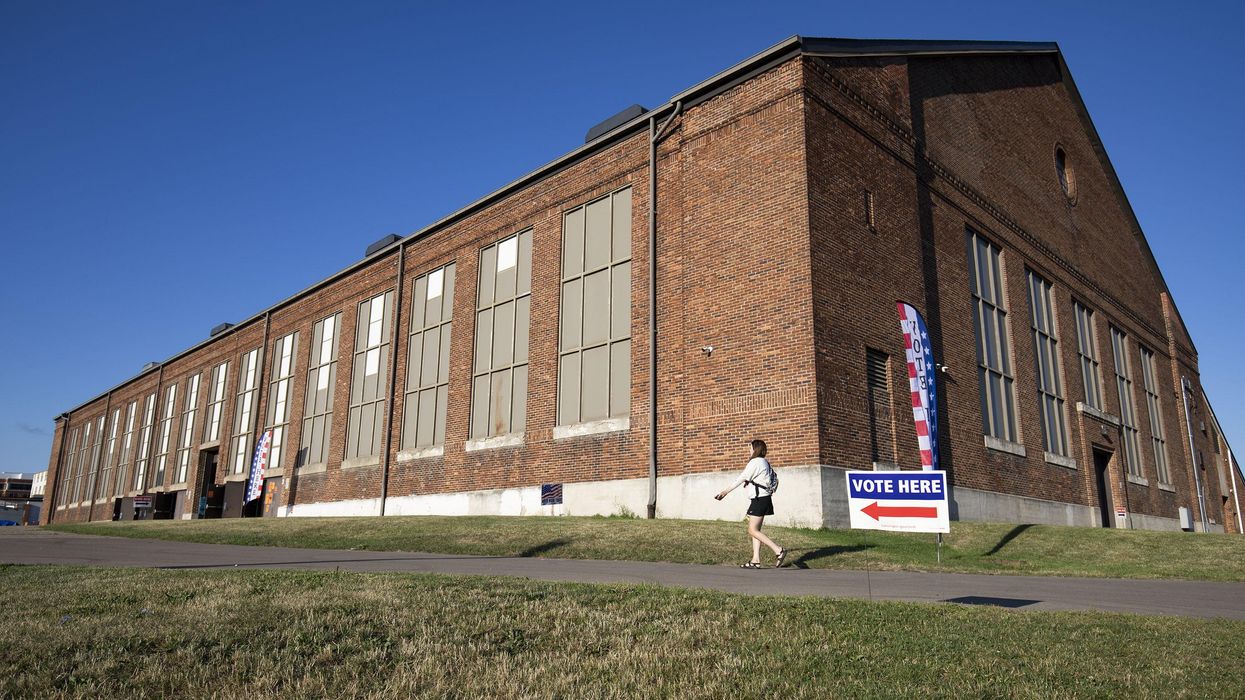The midterm elections resulted in control of Congress being split between Republicans and Democrats at a time when young people are feeling particularly disassociated from the political parties, according to new data released by the democracy reform group Students for Open Primaries.
Two-thirds of people ages 16-39 identified themselves as independents in the study, which was conducted prior to Election Day. And 68 percent say they do not feel represented by either of the parties, pinning at least some of the blame on the primary system.
“A growing number of young Americans, especially first-time voters, distrust party politics,” the study states. “More and more are rejecting registering with a party, believing that neither the Democratic Party nor the Republican Party represent them.”
Those feelings extend beyond party structures to individuals, with 80 percent saying they believe federal and state elected officials are more loyal to the party than constituents. (Twenty-six percent identified as Democrats and 9 percent as Republicans.)
As advocates for a shift away from closed primaries, Students for Open Primaries used the study to assess views on changes to the voting system that would allow independent and unaffiliated voters to help nominate candidates.
Four-fifths of respondents believe closed primaries, in which only voters registered with a political party may participate in that party’s nominating contest, are a “problem impacting young voters.”
Just over half said they did not know whether they live in a state with open primaries, but it’s not as simple as being “open” or “closed.” The National Conference of State Legislature identifies a number of variations with nine fully closed and six partially closed states. Then there is a range of open states – in some, voters who are registered with a party may cross to the other side; in others, only independents may choose which primary to participate in; and 15 states have full open primaries, where every voter may make a private decision about primaries.
“Young voters support open and nonpartisan primary systems as a key reform to make our system of elections more representative and democratic,” the report states.
The survey went a step further in its question about open primaries, asking whether respondents favored a system in which all candidates appear on one primary ballot, with the top vote-getters – regardless of party affiliation – advancing to the general election. Respondents overwhelmingly favored the idea, with backing from 85 percent.
California and Washington have such a system, with the top two candidates moving forward. Alaska recently implemented a “top four” system, and the voters of Nevada approved a “top five” ballot initiative early this month although it needs to go through a second round of approval in 2024.
Louisiana has a different version in which it holds an all-candidate primary on Election Day. Any candidate receiving a majority of the vote wins the race; otherwise, the two with the most votes proceed to a runoff.
The survey of 1,000 people ages 16-39 was conducted June 1-Oct. 1. According to Students for Open Primaries, the respondents were near-evenly split between Generation Z (16-22 years old) and millennials (23-39 years old.)




















